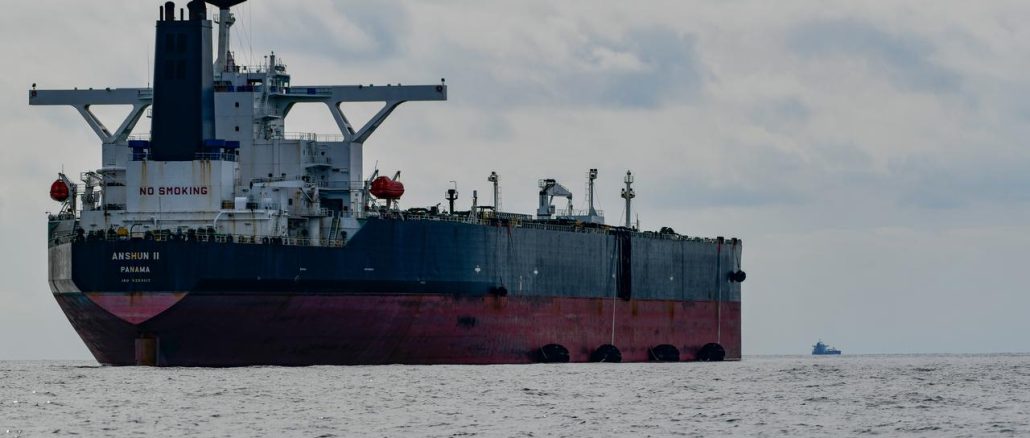
Russian exports of oil rise
Russia has seen an increase in its exports of crude oil and petroleum products in March 2023, reaching the highest levels in almost three years, despite the Western sanctions imposed on the country due to its invasion of Ukraine. The International Energy Agency (IEA) reported that Russia shipped an average of 8.1 million barrels of crude oil and petroleum products daily in March, which was 600,000 barrels more than the previous month. The increase was largely attributed to higher exports of petroleum products, which rose due to the European Union’s oil embargo and the price cap on Russian oil, allowing traders to haggle on prices.
Although the sanctions have limited Russia’s ability to export to Europe, the country has found other markets in Asia, specifically in India and China, where the demand for oil has been steadily increasing. Russia’s oil exports generated $12.7 billion in March, which was $1 billion more than in February but still 43% lower than the previous year. The decline in income is a direct result of the Western sanctions aimed at limiting Moscow’s financial resources to fund its war in Ukraine.
The production cuts by OPEC+ are increasing the likelihood of a shortfall in the oil market in the second half of the year. OPEC+ is a partnership of the oil cartel OPEC with countries such as Russia. The partnership has agreed to cut production to support oil prices, which have already seen a significant increase in recent months. The IEA has warned that higher prices could lead to inflation, which could hurt consumers, especially those in poorer countries.
The increase in Russia’s oil exports comes despite the ongoing Western sanctions that have affected the country’s economy, including its energy sector. The sanctions have limited the ability of Russian companies to borrow funds and acquire new technology, which has led to a decline in oil production. The reduction in oil production has had a significant impact on poorer countries, which rely heavily on affordable oil for their energy needs.
In addition to the decline in oil production, the Western sanctions have also affected Russia’s natural gas sector. The country is one of the world’s largest producers and exporters of natural gas, and the sanctions have limited its ability to export to Europe. This has led to a decline in natural gas prices in Europe, which has affected Russia’s economy. However, Russia has found new markets in Asia for its natural gas exports, particularly in China.
Despite the challenges posed by the Western sanctions, Russia remains one of the world’s largest producers and exporters of oil and natural gas. The country has a significant role in the global energy market, and its exports play a crucial role in meeting the growing demand for energy in Asia. Russia’s energy sector is also a significant contributor to the country’s economy, and any decline in exports would have a significant impact on its finances.
In conclusion, the increase in Russia’s oil exports in March 2023 comes at a time of increased global demand for energy, particularly in Asia. The Western sanctions have limited Russia’s ability to export to Europe, but the country has found new markets in Asia to compensate for the decline in income. However, the production cuts by OPEC+ are increasing the likelihood of a shortfall in the oil market in the second half of the year, which could lead to higher oil prices and inflation. The ongoing Western sanctions have affected Russia’s economy, but the country remains one of the world’s largest producers and exporters of oil and natural gas.

Be the first to comment